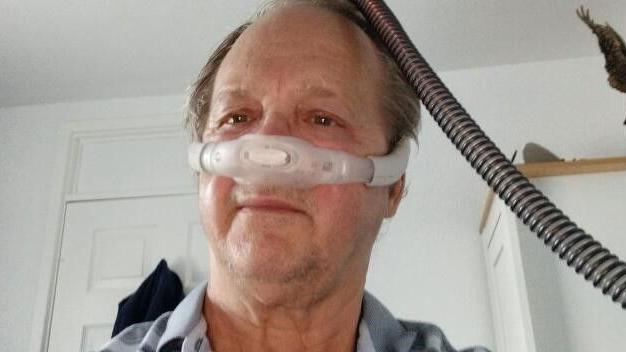Sleep apnoea device 'life-changing', patient says
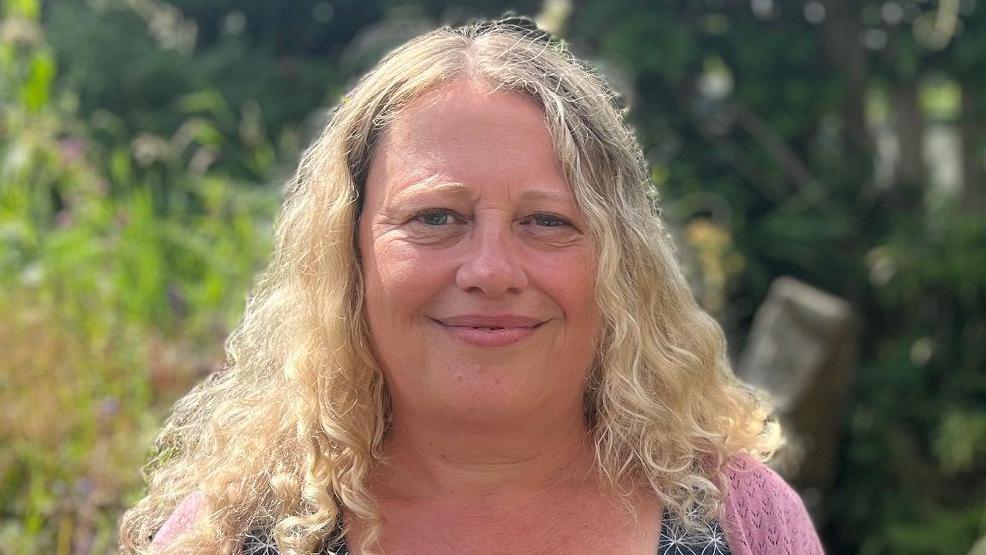
Alison Eastwood suffered from ill health for 10 years before she was diagnosed with sleep apnoea
- Published
One morning at the beginning of June, Alison Eastwood woke up and "the whole world seemed clearer and brighter".
It was the first night the 52-year-old had spent on a Continuous Positive Airway Pressure (CPAP) machine, having been diagnosed with sleep apnoea after a decade of ill health.
Ms Eastwood from Slaithwaite, Huddersfield, had spent the past decade bed-bound, suffering with a series of health conditions including a kidney infection and sepsis.
She had seen countless doctors, spent two years in treatment for chronic fatigue syndrome and had resigned herself to "living life as a disabled person", managing to work part time from home.
"I thought there was no help left," she said.
"I was at the doctors for an unrelated issue. My doctor asked whether I snored and whether I stopped breathing in my sleep, which I thought were odd questions and I said no to both.
"I didn't think I had any issues with sleep, except I couldn't stop sleeping."
After undergoing a sleep study she was diagnosed with sleep apnoea - a condition in which a person temporarily stops breathing while they are asleep and which can lead to serious health conditions.
Ms Eastwood was given a CPAP machine, which blows air through a mask keeping the airway open during sleep – and said her life changed dramatically.
"I've been looking at the world through a very exhausted fog for a very long time and with one night on the machine I knew that something had changed," she said.
"Colours just looked brighter and I actually felt like my brain had rested for the first time in a very long time."
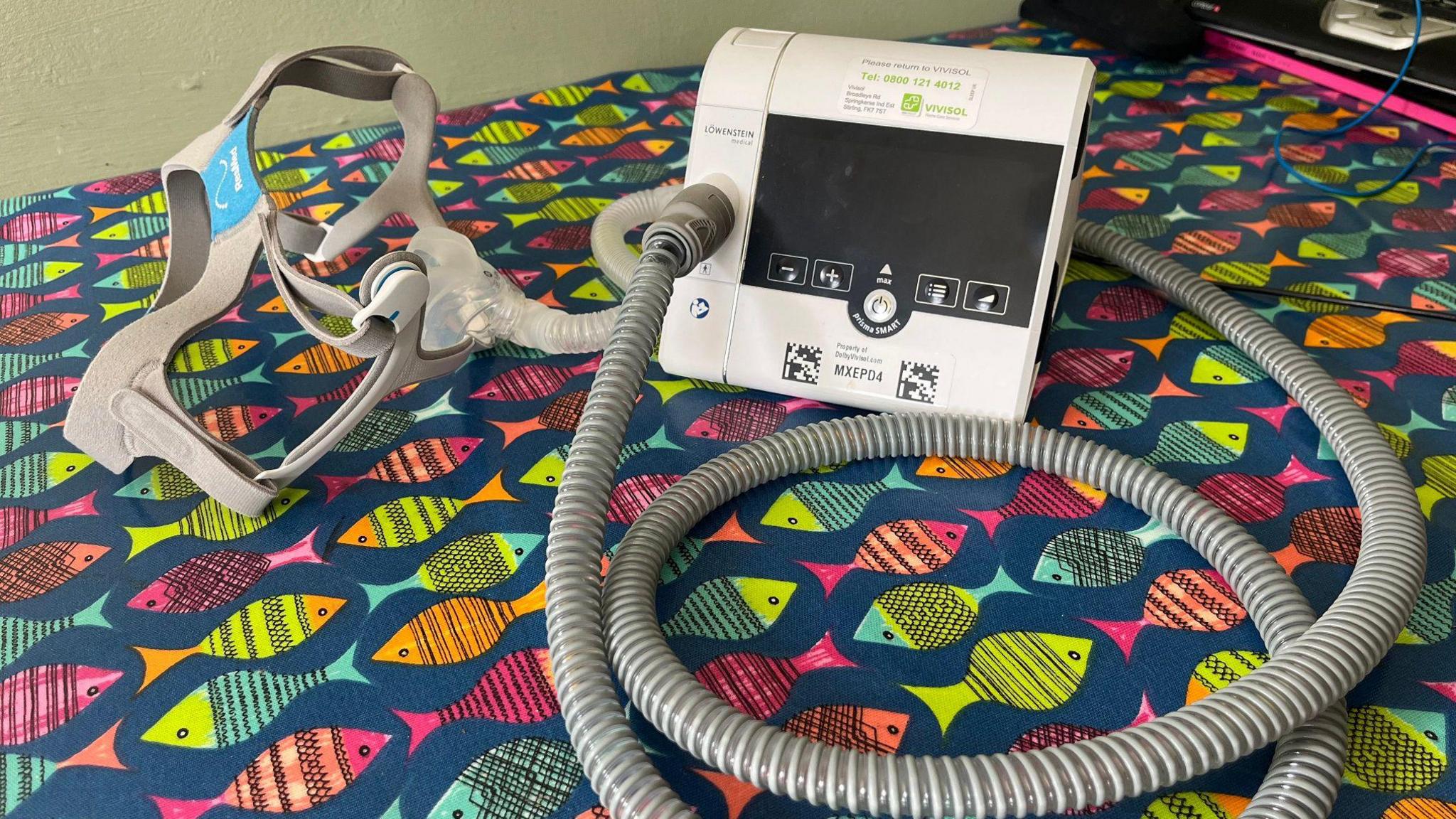
Ms Eastwood says using the CPAP machine has made a difference to her sleep
Ms Eastwood said she now wants to raise awareness of the condition to try to help others suffering from fatigue.
"We spend a third of our lives asleep and it has some really important functions, especially repairing the body, so if you have physical conditions you need to be having a good sleep for the body to repair itself," she said.
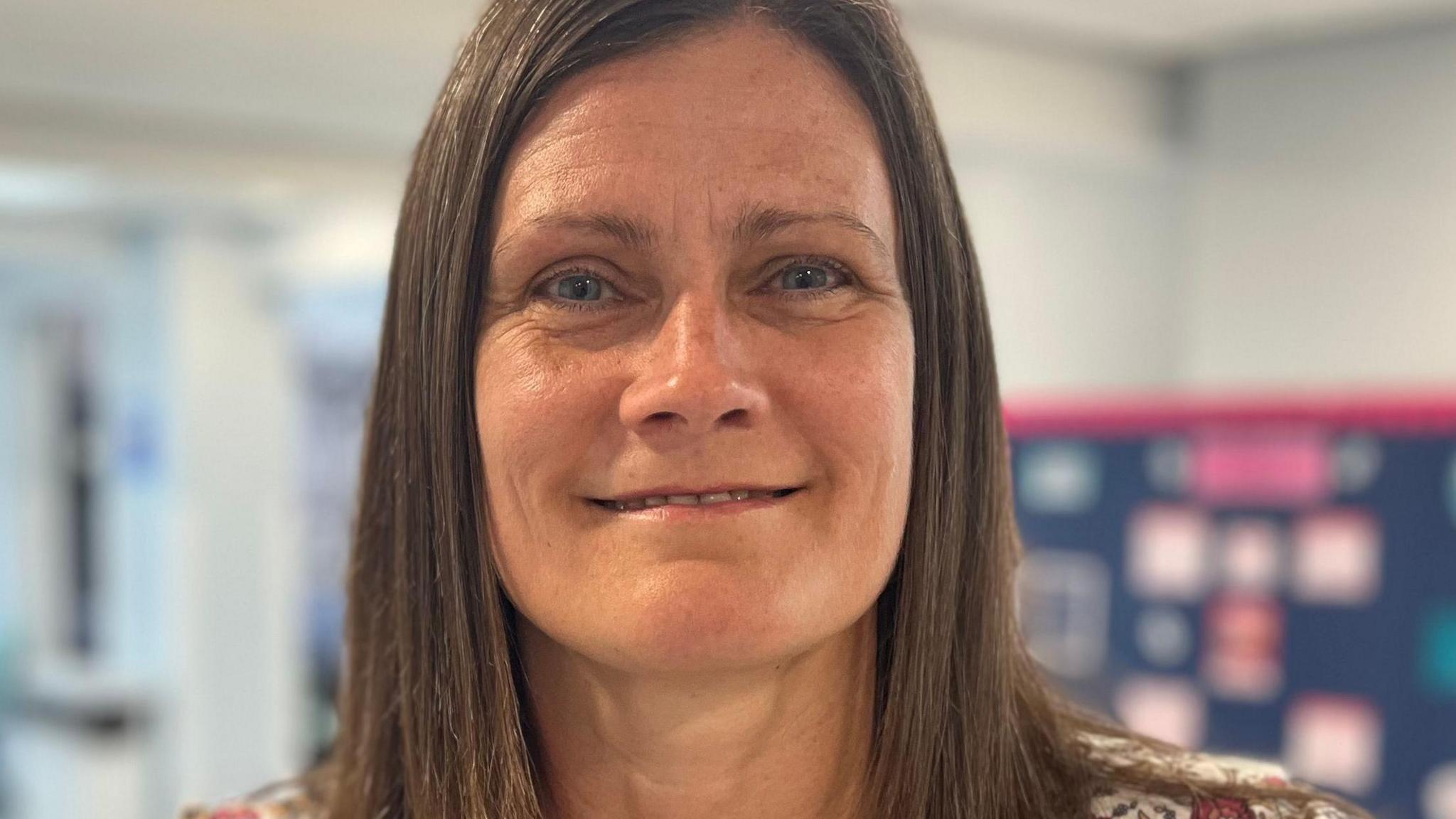
Ms Eastwood's GP, Louise Oliver recommended the sleep study
Ms Eastwood's GP, Louise Oliver, who is also a functional breathing practitioner, recommended her for the sleep study.
She said 85% of people with the condition are undiagnosed.
"Over the past four to five years I started asking patients specifically do you snore, do you stop breathing during sleep and having a low threshold to refer someone for a sleep study," she said.
"I've just seen this hidden epidemic and I've also seen how when people improve how they breathe when they get treated for obstructive sleep apnoea.
"With Alison I think we caught her at the good outcome. Some people, unfortunately, don't tolerate the treatment and there is a dropout rate with treatments so actually we need more research into how we can make the treatment more successful for people."
For Ms Eastwood, the diagnosis and treatment have given her a future she did not expect to have.
"I forgot how it felt to be well. I now have energy to spare. It feels like everything is flowing again," she said.
"My anxiety levels have dropped, I feel calmer, I can think clearly and I feel like I want to move. My body wants to move. It's life changing.
"It feels like I've been given another chance to enjoy life."
Get in touch
Tell us which stories we should cover in Yorkshire
Listen to highlights from West Yorkshire on BBC Sounds, catch up with the latest episode of Look North.
Related topics
- Published11 September 2024
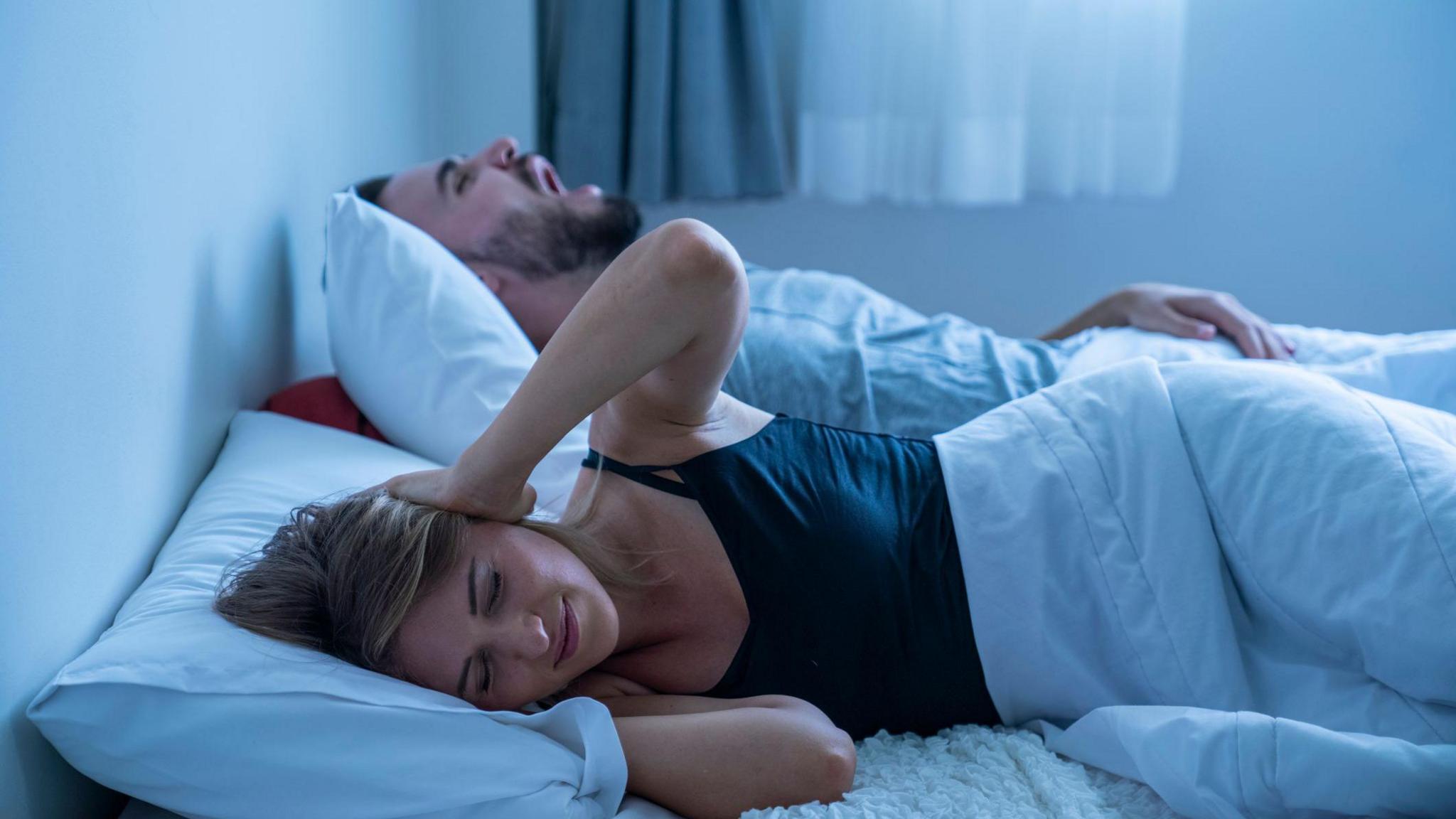
- Published5 February
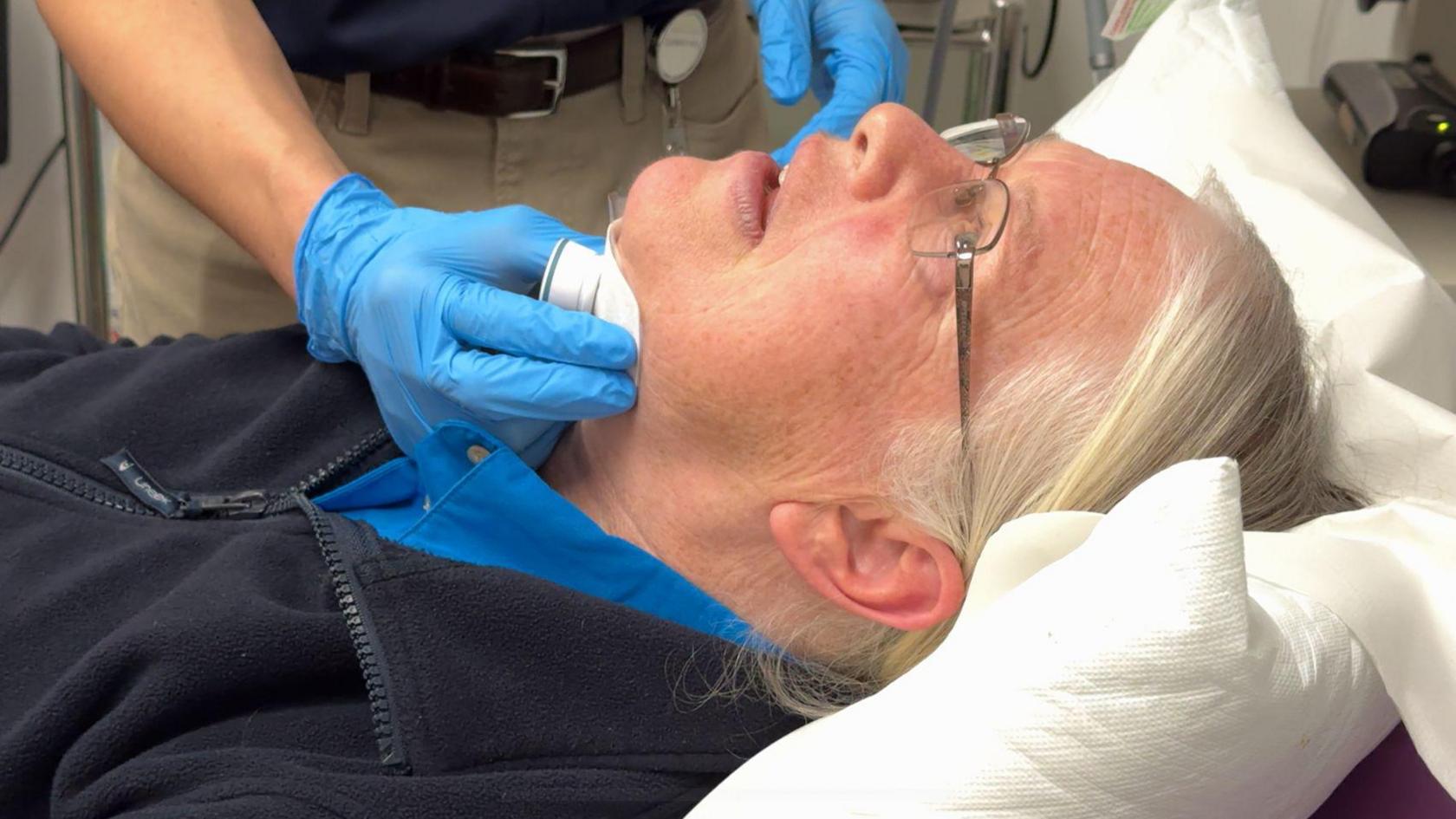
- Published5 October 2024
